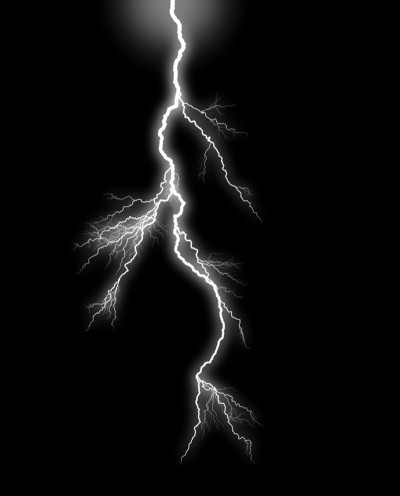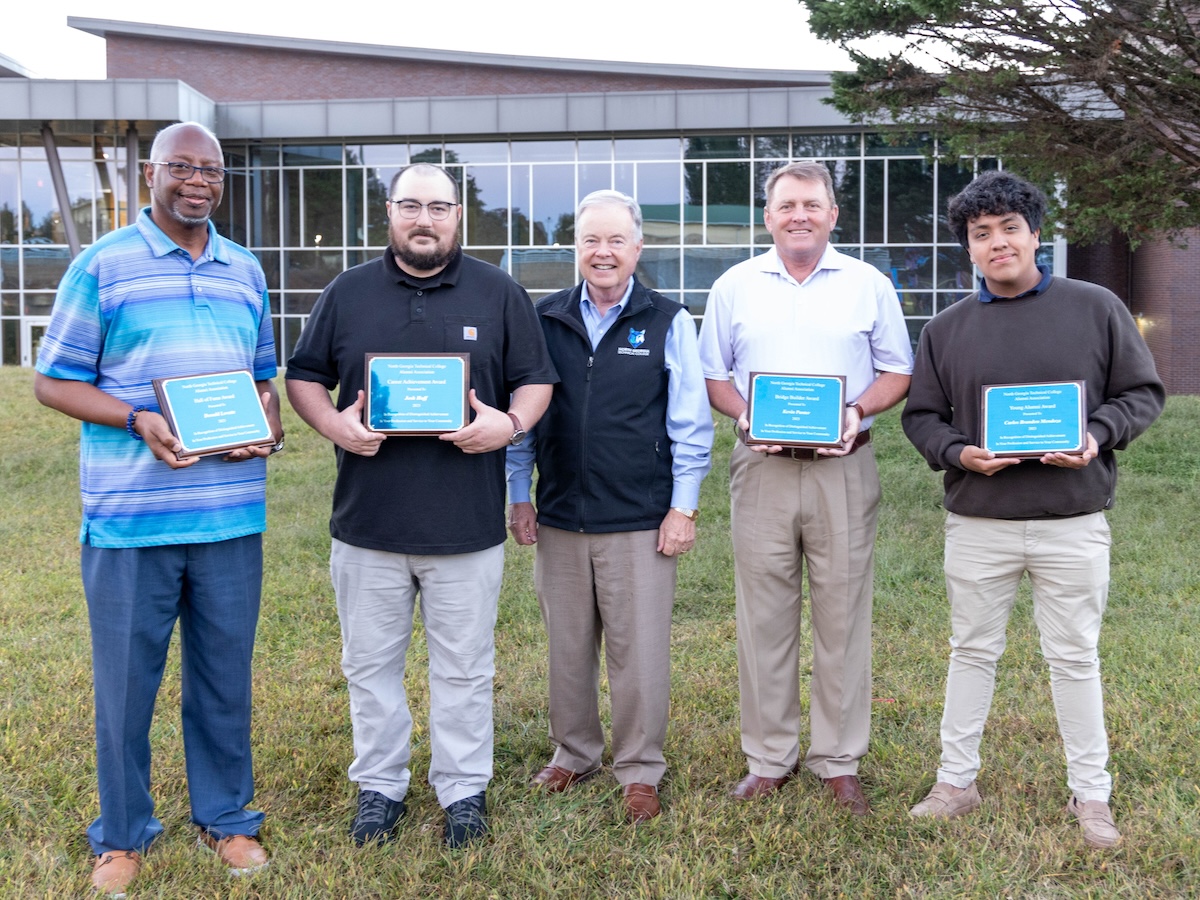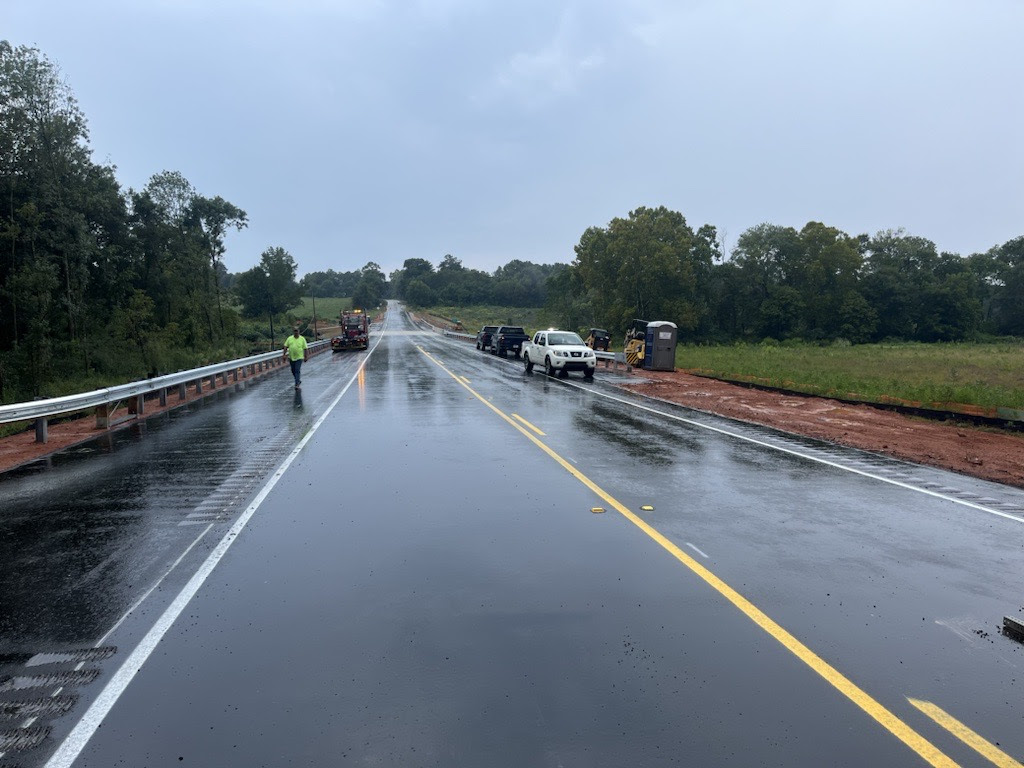
Atlanta, GA – Lightning is a common occurrence in Georgia, and it’s easy to forget just how dangerous it can be. Each year, lightning strikes the U.S. an estimated 25 million times and causes an average of 60 fatalities and 300 injuries each year. In Georgia alone, 11 people have died due to lightning strikes since 2006.
Thursday, Feb. 5, is Lightning Safety Day, part of Severe Weather Preparedness Week, and the Georgia Emergency Management Agency/Homeland Security (GEMA/HS) and Gov. Nathan Deal urge residents to be prepared.
Throughout the week, officials encourage Georgians to take one simple action each day to get ready. During Lightning Safety Day, learn the 30/30 rule: go indoors if, after seeing lightning, you cannot count to 30 before hearing thunder. Stay indoors for 30 minutes after hearing the last clap of thunder.
“Thunderstorms are such a regular part of life in Georgia, especially in the warmer months, that it’s easy to let your guard down and forget the danger of lightning,” said GEMA/HS Director Jim Butterworth. “Following the 30/30 rule is a good way to make sure you are taking the proper precautions and avoiding unnecessary risk.”
Lightning has the potential to travel more than 10 miles away from a thunderstorm, and it can strike the same location twice. When you are outdoors, be aware of current local weather forecasts. Always stay alert for signs of approaching thunderstorms. In addition to the 30/30 rule, here are more lightning safety tips:
Before Lightning Strikes
- Keep an eye on the sky. Look for darkening skies, flashes of light or increasing wind. Listen for the sound of thunder.
- If you can hear thunder, you are close enough to the storm to be struck by lightning. Go to safe shelter immediately.
- Monitor NOAA Weather Radio, commercial radio, or television for the latest weather forecasts, or download the Ready Georgia mobile app.
When a Storm Approaches
- Find shelter in a building or car. Keep car windows closed and avoid convertibles.
- Telephone lines and metal pipes can conduct electricity. Unplug appliances. Avoid using the telephone or any electrical appliances. (Leaving electric lights on, however, does not increase the chances of your home being struck by lightning.)
- Avoid taking a bath or shower, or running water for any purpose.
- Turn off the air conditioner. Power surges from lightning can overload the compressor, resulting in a costly repair job.
If Caught Outside
- If you are in the woods, take shelter under the shorter trees.
- If you are boating or swimming, get to land and find shelter immediately.
Protect Yourself Outside
- Go to a low-lying, open place away from trees, poles or metal objects. Make sure the place you pick is not subject to flooding.
- Be a very small target! Squat low to the ground. Place your hands on your knees with your head between them. Make yourself the smallest target possible.
- Do not lie flat on the ground. This will make you a larger target.
After the Storm Passes
- Stay away from storm-damaged areas.
- Listen to the radio or television for information and instructions.
If Someone is Struck by Lightning
- People struck by lightning carry no electrical charge and can be handled safely.
Call for help. Get someone to dial 9-1-1 or your local emergency medical services (EMS) number. - The injured person has received an electrical shock and may be burned, both where they were struck and where the electricity left their body. Check for burns in both places. Being struck by lightning can also cause nervous system damage, broken bones, and loss of hearing or eyesight.
- Give first aid. If breathing has stopped, begin rescue breathing. If the heart has stopped beating, someone trained in CPR should begin chest compressions. If the person has a pulse and is breathing, look and care for other possible injuries. Learn first aid and CPR by taking an American Red Cross first aid and CPR course; call your local Red Cross chapter for class schedules and fees.
For more information on how to prepare for severe weather, visit www.ready.ga.gov or download Ready Georgia’s free mobile app. To learn about specific risks in your area, contact your local emergency management agency.
About Ready Georgia
Ready Georgia is a statewide campaign designed to educate and empower Georgians to prepare for and respond to natural disasters, pandemic outbreaks, potential terrorist attacks and other large-scale emergencies. The campaign is a project of the Georgia Emergency Management Agency/Homeland Security and provides a local dimension to Ready America, a broader national campaign. Ready Georgia aims to prepare citizens for maintaining self-sufficiency for at least 72 hours following an emergency, and uses an interactive website, free mobile app, broadcast and print advertising and public awareness media messaging to reach its audiences. Ready Georgia is also on Facebook and YouTube.







